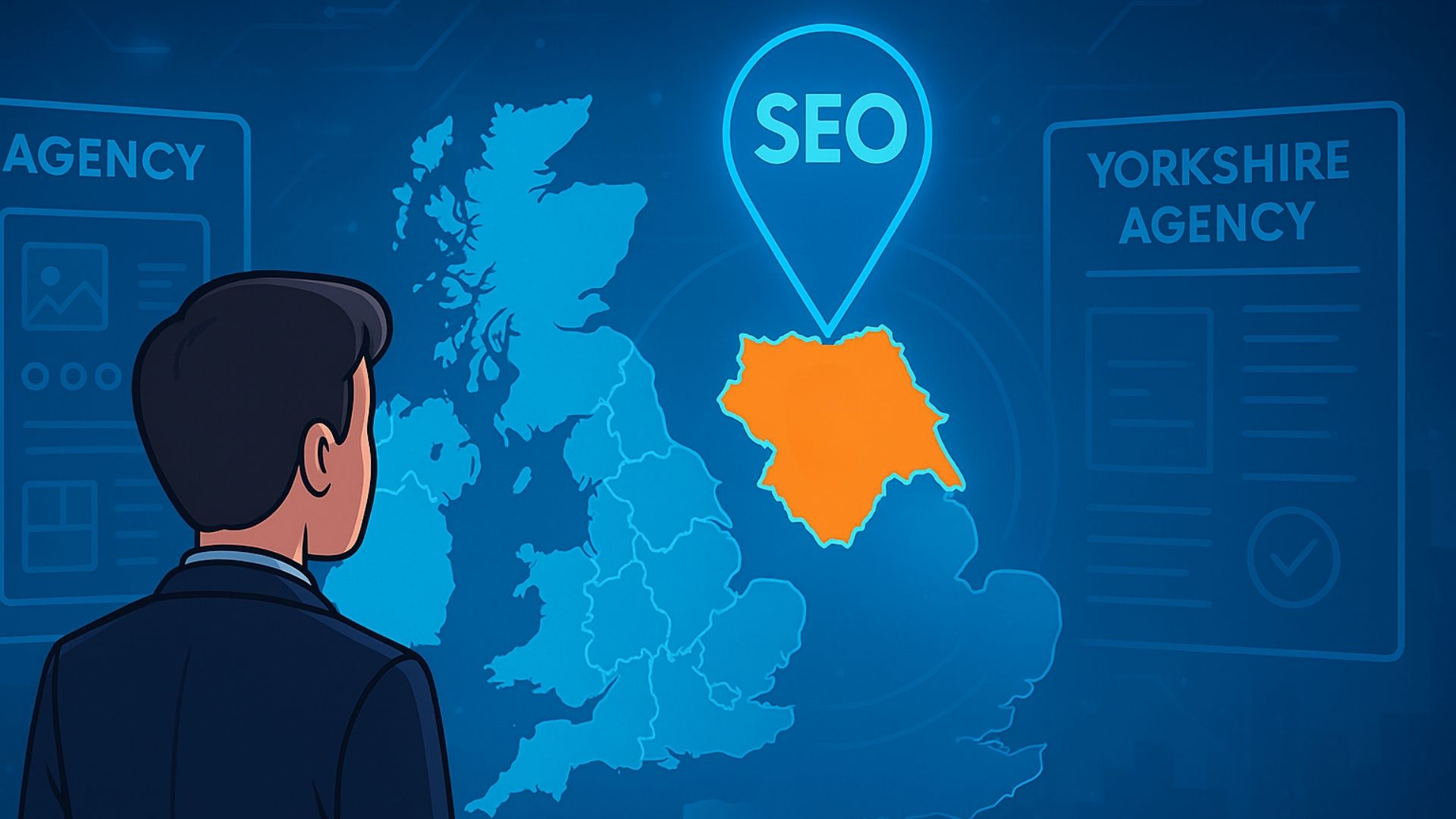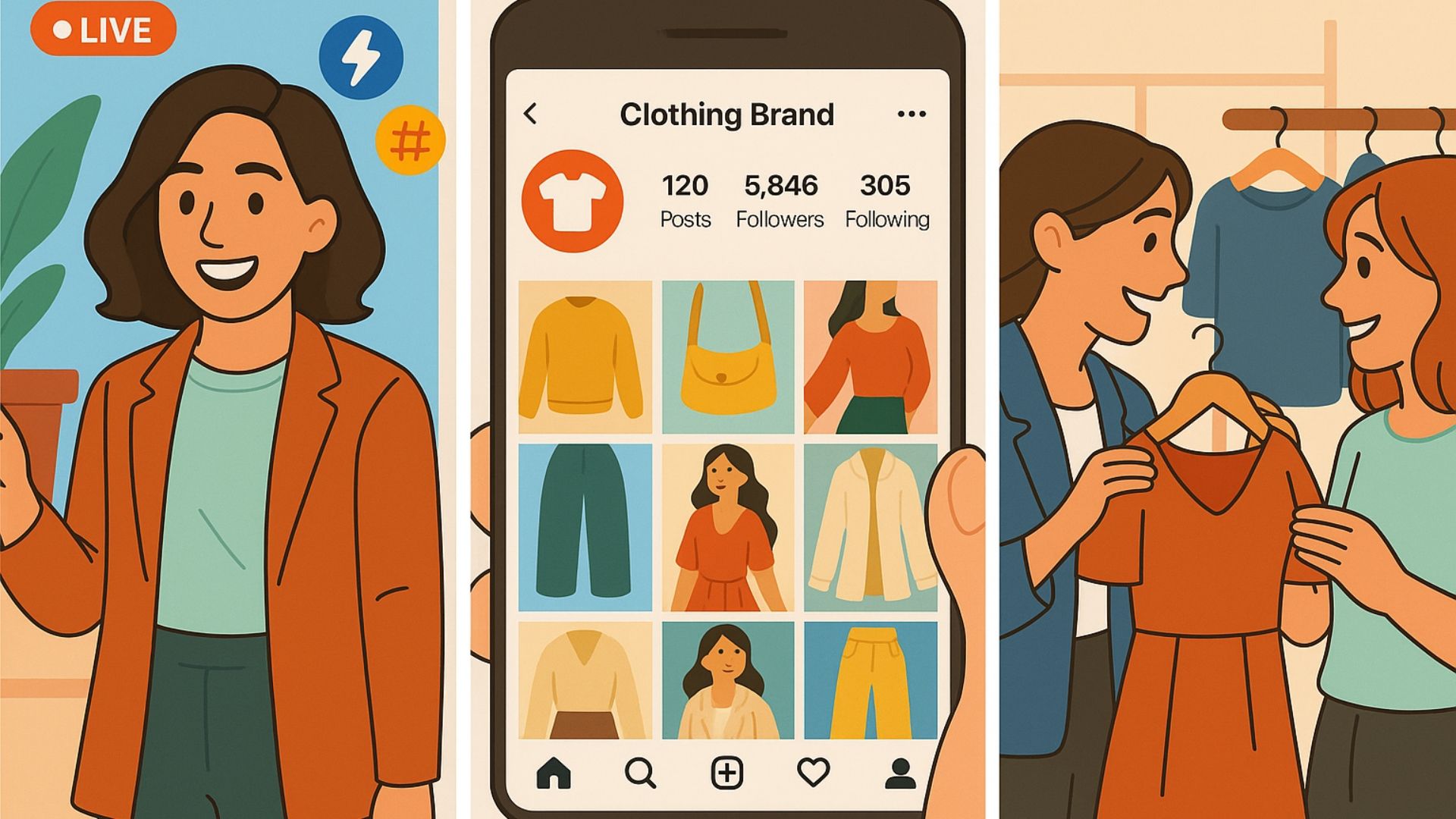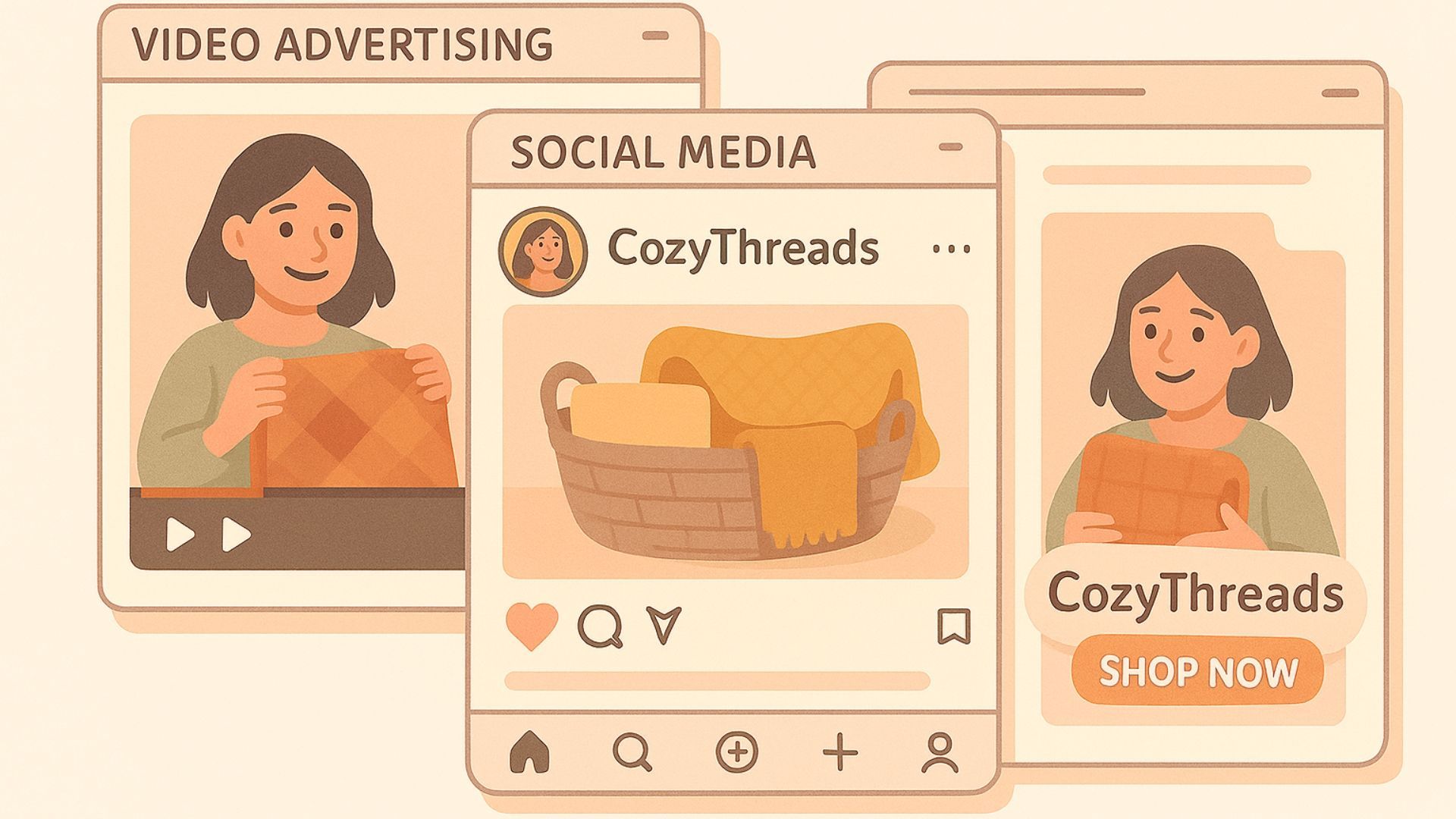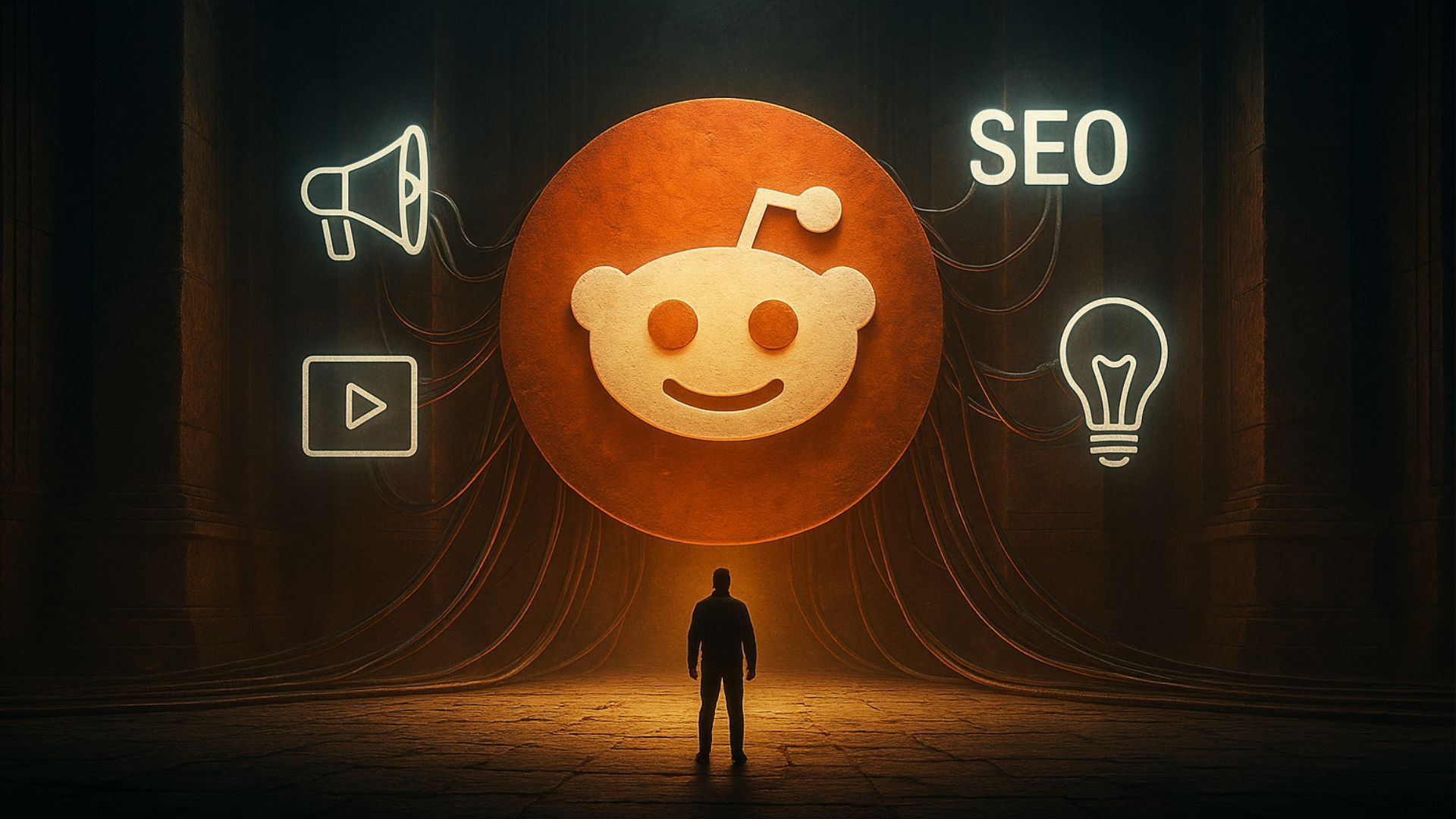What is pay-per-click and how does it work?
Is your business itching to be visible online? Pay-per-click advertising can help – and so can we.

There's a famous saying in advertising that goes something like this. We know half of our advertising works – we just don't know which half.
It's a sentiment that will resonate with many small businesses. Yes, you sigh, digital advertising is important. But how do you know it will give me a decent ROI? Is there not a very real danger of throwing bank notes into the air and hoping some of them will drive traffic to your site?
Pay-per-click advertising offers a way out of this conundrum. It allows you to target customers based on their demographic, search history and buying habits. And, crucially, it's measurable.
This means a pay-per-click campaign can be fine-tuned to deliver results. No more crossing your fingers and hoping for the best. This is data-driven advertising at its finest.
Not any old strategy will do, however. For the best results, you need to plan your advertising campaign with care. And if you're currently treading water in a sea of unfinished tasks, this can be hard.
It's one reason so many small businesses choose to work with a digital marketing agency. By handing over the reins to experienced professionals, you give yourself a much better chance of getting a return on your advertising.
So, how does it work exactly? Let's find out.
What is pay-per-click?
Pay-per-click (PPC) is a model of digital advertising where you pay each time someone clicks on your online ad. These days, it's extremely common on Google in the form of Google Ads and on many social media platforms.
The aim is clear. Done right, PPC can drive traffic to your website or landing page. By paying for targeted clicks, you nudge more people towards your services.
And unlike some forms of advertising, it's easy to see what's working and what's not working and to fine-tune accordingly.
How does pay-per-click work?
There are five main aspects to PPC: keyword targeting, ad placement, bidding, payment and performance tracking.
Keyword targeting involves choosing keywords and phrases that relate to your products or services. Put it this way: if you sell handmade jewellery in Berkshire, you want your site to come up when someone searches for handmade jewellery in Berkshire.
Keyword targeting is an art. You can't just pick any old keywords and hope for the best. Instead, you need to research keywords that have value before you mount your advertising campaign. This is one area where a digital marketing agency can make a positive difference.
Next, you place your ad. When someone searches for your products or services, your ad should appear on a search engine results page (SERP) or a social media platform, depending on what you choose.

Keywords need to be bid on. This involves telling the advertising platform (be it Google, Facebook, TikTok or something else) how much you're willing to pay for each click.
This, too, requires care. It's important to bid on the right keywords and to do so within your budget. The alternative is to indulge in wishful thinking and get a measly return on your spend.
Then your ad goes live. And when a user clicks on it, you pay the amount you agreed to the platform hosting the ad.
A key benefit of PPC advertising is that it's easy to track your ad's performance. This is part of what gives it an edge over traditional forms of advertising.
The platform you use to advertise your business will give you data on impressions, clicks and cost per click (CPC). This lets you adjust and optimise as you go.
What are the benefits?
In our view, PPC advertising has four main benefits: cost-effectiveness, measurability, targeting capabilities and agility.
If you're worried about your advertising budget, PPC can be a sound investment. This is because you
only pay for results as represented by clicks. This is potentially far more cost-effective than printing posters or flyers, say, where you have to make an upfront payment for an uncertain return.
PPC advertising is measurable. You set yourself a target and are given data that shows whether you're on track. If you're not, you can make adjustments to optimise your ad's performance.
Crucially, PPC makes targeting easier than ever. By bidding on keywords and targeting selected demographics, your ad can reach your desired audience.
This means you have the ability to speak directly to people who are ready to buy your products and services. It eliminates guesswork and ups your chances of making a positive impression on customers.
And finally, PPC is as agile as a cheetah in trainers. With PPC's search counterpart, SEO, you need to work hard and play the waiting game to appear in search results. But with PPC, you can guarantee instant visibility – provided you can cough up the cash.
What to watch out for
When running a PPC campaign on Google, you should be mindful of the platform's AI system. This automates your ads and charges you accordingly.
In our opinion, this system isn't developed enough to be trusted with your hard-earned cash. If AI decides to spend a grand in a day, you have no right to reply. Far better to put your ads in the hands of digital marketing professionals who will make sure everything stays within budget.
Frequently asked questions
What is pay-per-click advertising?
Pay-per-click advertising is a model of online advertising that involves bidding on keywords relevant to your business. When someone clicks on your ad, you pay an agreed-on fee to the platform hosting it.
Why is pay-per-click important?
Pay-per-click helps you target your desired audience more precisely than other forms of advertising. As part of a wider digital marketing strategy, this can pay dividends in the long run.
Are Facebook ads pay-per-click?
Yes, Facebook ads use a pay-per-click model.
Need help getting to grips with the world of PPC ad management? Our small, close-knit team of paid search wizards is here to save the day – and your budget. Get in touch today for a quick, competitive quote.











